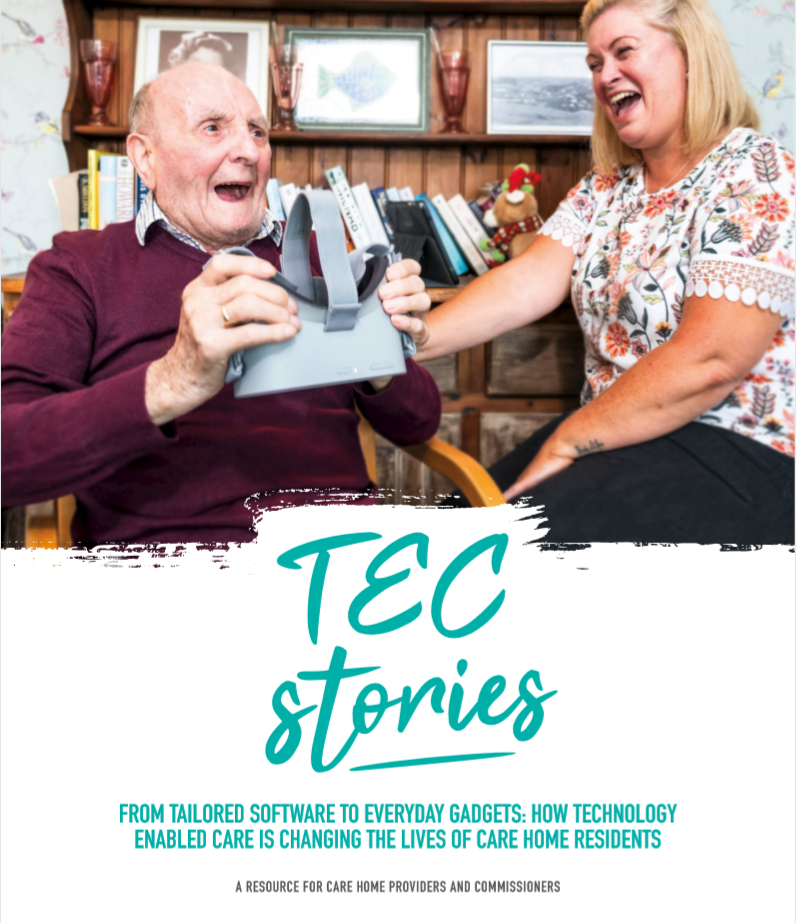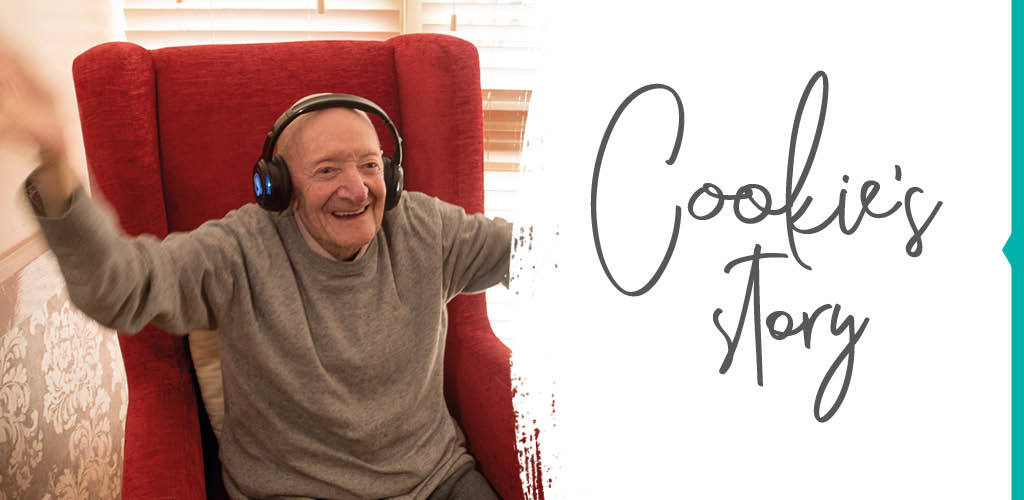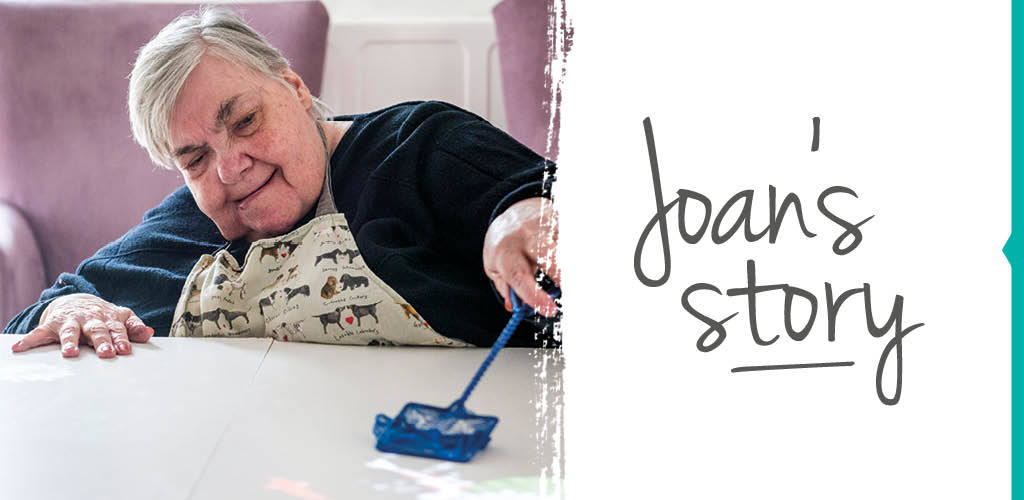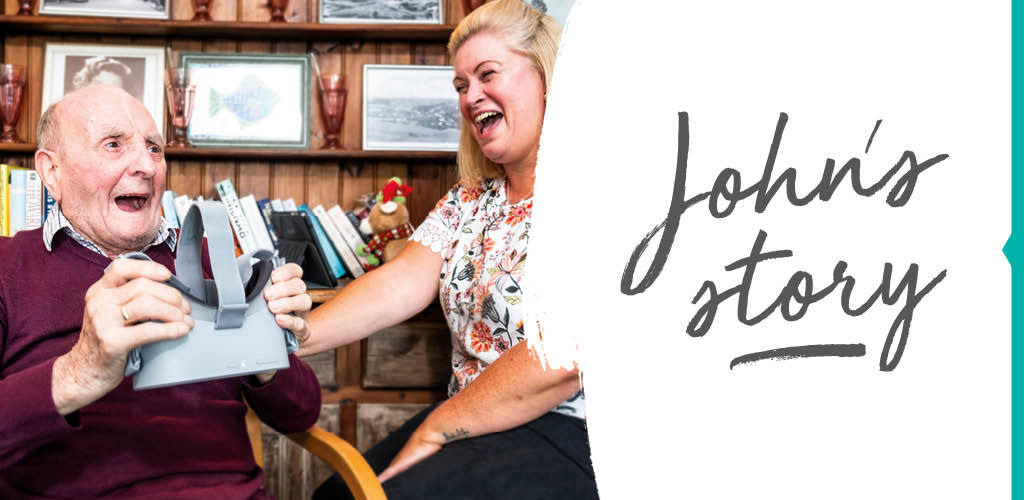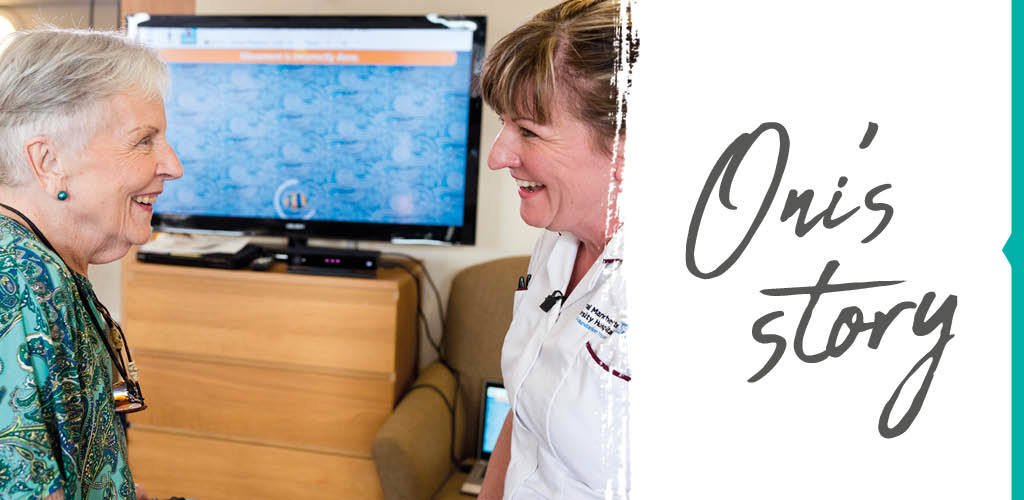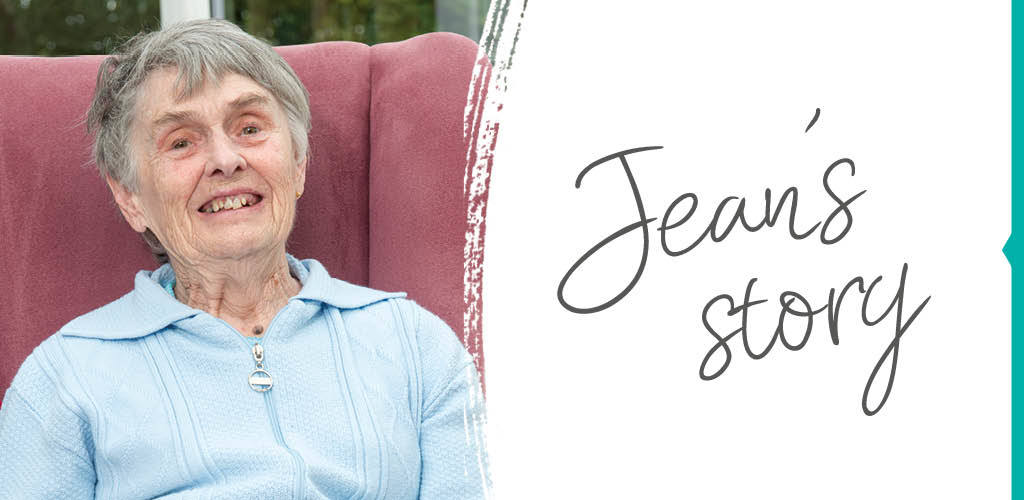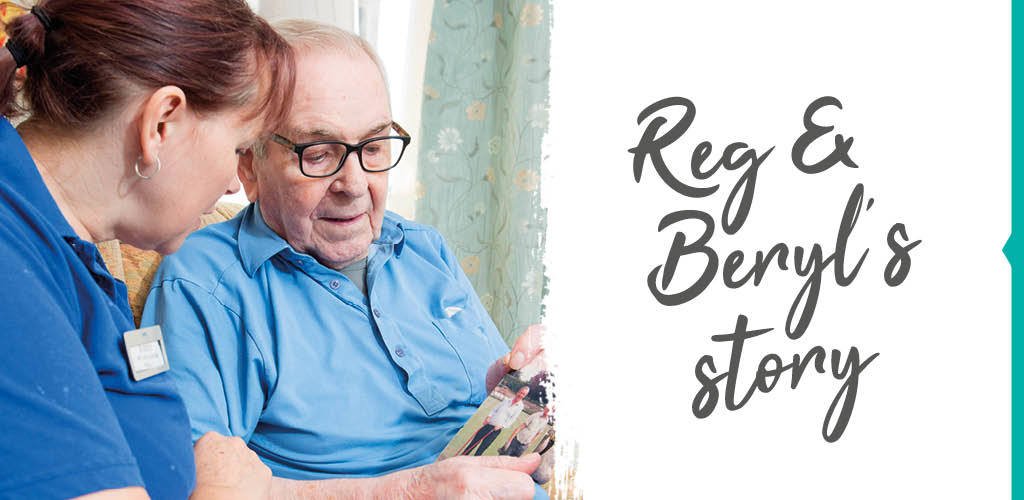
  | 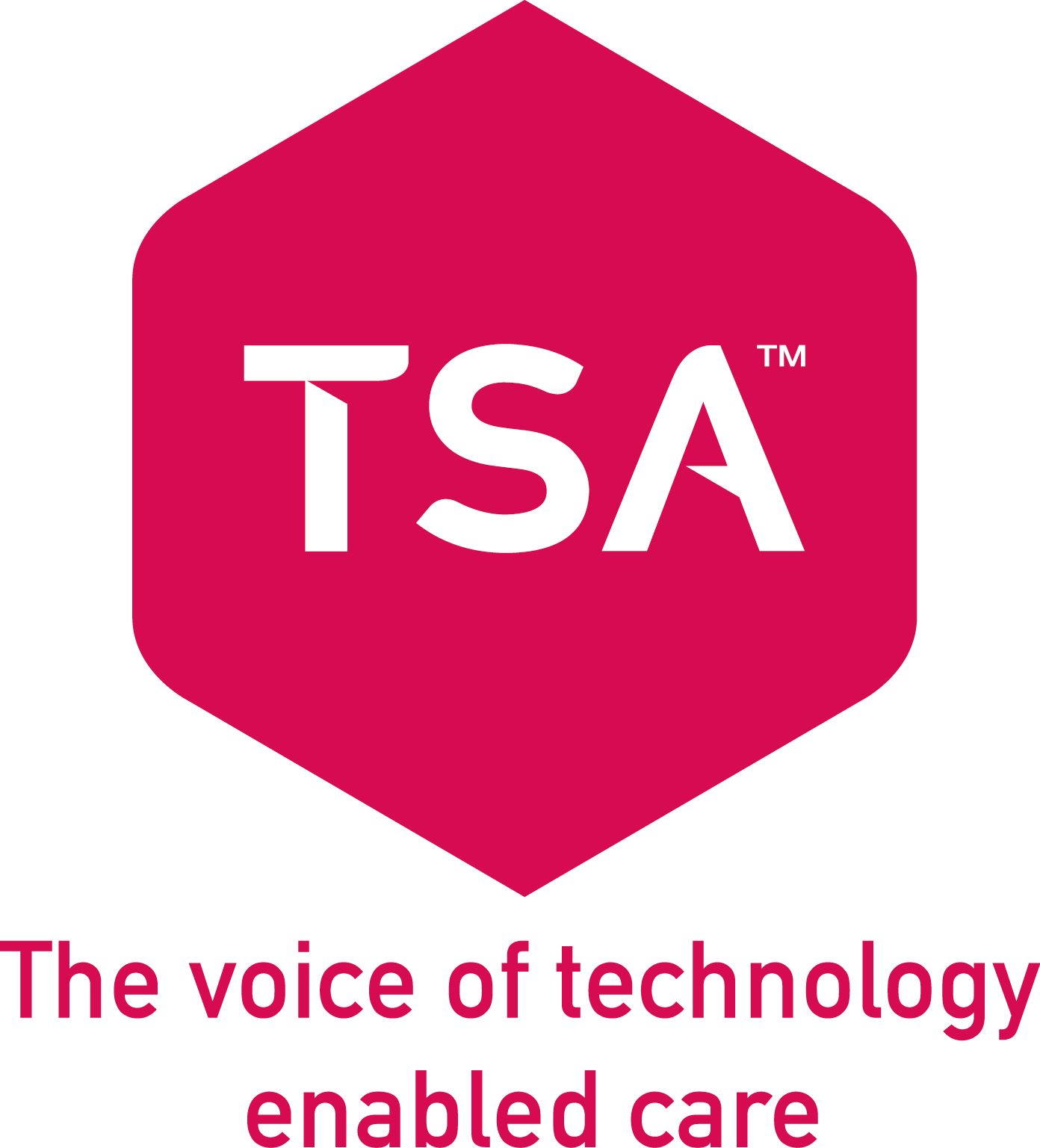 |
|
| |||||
|
|
TEC Stories Care Homes
TSA has been working with Care England and Think Local Act Personal (TLAP) to create a powerful collection of ‘TEC Stories’, capturing 10 very different, very personal stories, all of which paint a vivid picture of how technology enabled care is transforming people’s lives within a care setting.
The stories are told from the individual’s perspective, using their experiences and their own unique circumstances to communicate what TEC means to them.
This resource demonstrates that the power of technology can be a real eye-opener for care home staff and pave the way for culture change. I hope these case studies inspire care providers and shows how even small initiatives – shaped by residents – can change people’s lives, improve outcomes and become the basis for investment and further roll out.
Alyson Scurfield, Chief Executive, TSA
Care England is at the forefront of the tech revolution doing what it does best: bringing the people with the innovative tech ideas together with the people who want to support and care for vulnerable people in our community. We want better technology for the sector and access to high quality data and intelligence, and as such are delighted to be part of this fantastic Care TEC initiative whereby there are real benefits to those in receipt of care whom the whole system should revolve around.
Professor Martin Green OBE, CEO, Care England
TEC Stories can be downloaded as a 16-page PDF by clicking the link below:
tec_stories_brochure_final.pdf
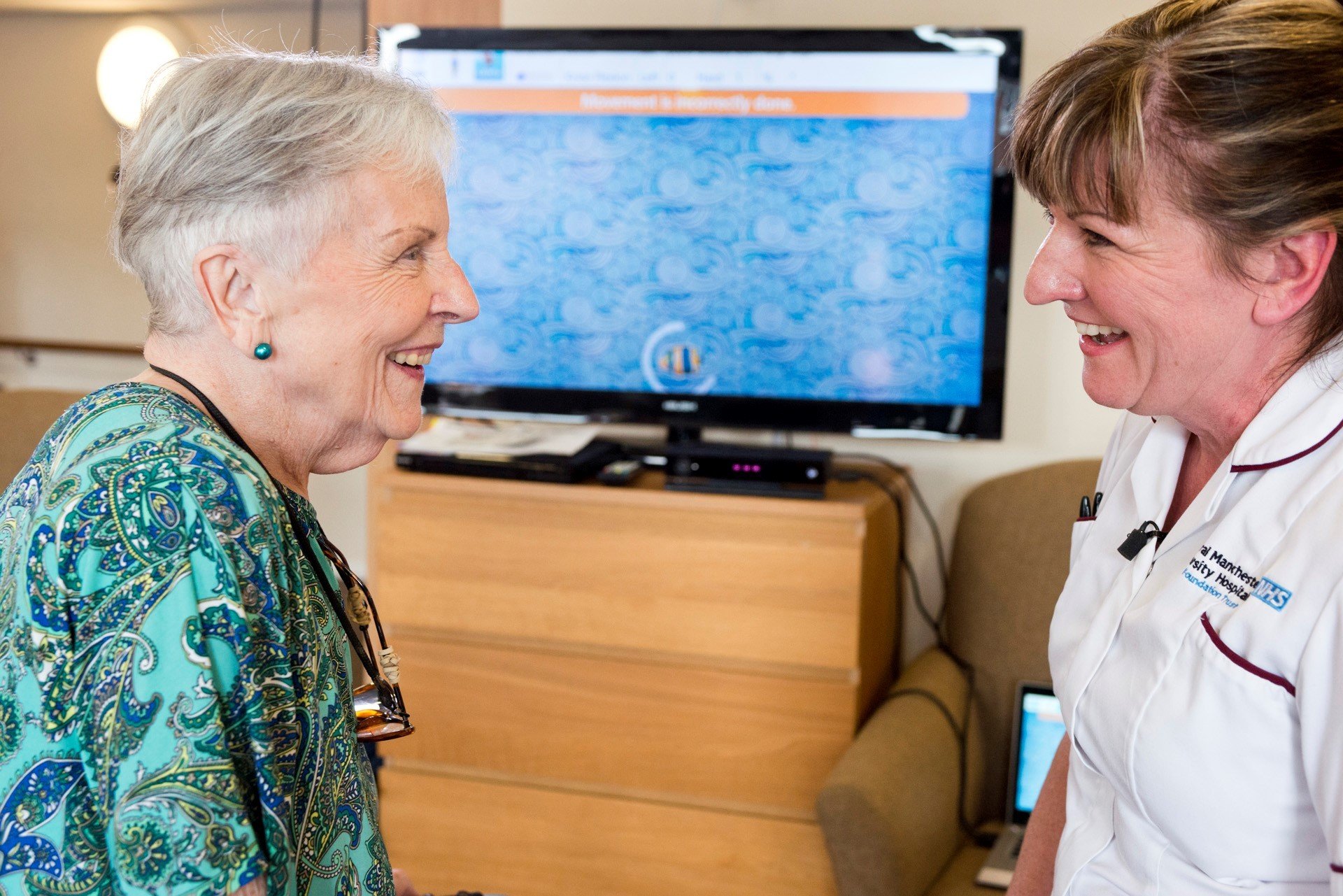
MIRA software
These TEC Stories are simple calls to action to you.
Whether you're thinking about adapting care provision for your residents, improving workforce development or streamlining how you do things, please think about how personalised care solutions can benefit from embedding innovation and appropriate use of technology.
We know the stories bring to life the richness of storytelling within a care setting. We wanted them to demonstrate how life-enabling technology can be when it focuses on the outcomes that matter to the people themselves.
Cookie set up a radio station to connect with communities whilst residents use wireless headphones to relive memories and become more active. | Joan loves playing with the Magic Table and finds it stimulating, engaging whilst also having a calming effect on dementia symptoms. | ||||
John uses virtual reality, iPads and other devices to unlock happy and comforting memories while residents experience lower feelings of distress in dementia, all with support from the staff. Oni uses software that gamifys her physiotherapy exercises motivating her to do more and become stronger more quickly. | Jean uses technology to stay active while taking a ‘trip down memory lane’, helping her to unlock happy memories from the past and build new ones.
| ||||
Reg uses a digital compilation of sound and music called Music Mirrors to help him relive his happiest times. |
Read on for more TEC stories in care homes:
ReMe
The ReMe app and RemindMecare software is designed to improve engagement between care home residents and care providers, helping staff to delivered more personalised care. The system stores a resident’s interests and preferences and creates a detailed profile of each person and their life story, capturing memories through favourite conversational topics and games, whilst also providing remote family interactivity.
House of Memories
In this museum-led dementia programme, an app has been created which shares sights and sounds from the past along with objects from the Museum of Liverpool’s collection, all enhanced with music, sound effects and film, to encourage conversation and reminiscence about the past. Care home residents have been using the app and can “collect” their favourite objects on a memory tree, memory box or on a memory line.
iPads at Anchor Care Homes
Care home residents have access to iPads to increase person-centred activities. A 2015 study by University of Worcester in collaboration with 63 Anchor care homes demonstrated the positive effects of care-home activity coordinators working with iPads alongside clients with dementia. The technology enhanced activities such as showing films, playing songs and games and handheld PCs were also used to enable video communication with family members.
https://www.anchor.org.uk/our-properties/care-homes/ipad-technology
Voice assistants at Hampton Care Home
Residents use virtual assistants to set reminders to take medication, drink water, control lights or listen to music. “Alexa is an absolute lifeline. I’d be bored stiff without her,” says Ruth Drahota, 89. As well as music and games, she relies on the gizmo to listen to audiobooks. The voice assistants ease pressure on staff and quell loneliness in residents, while handing them more independence.
https://www.thesun.co.uk/tech/9022560/inside-british-care-home-amazon-alexa-patients/
Using iPads for feedback at Four Seasons Care Homes
iPads are used at Four Seasons care homes to gather feedback from residents and their families. Thousands of comments have been collected and the system works so well because the devices allow residents and their family members to provide comments anonymously and quickly. As a result, staff are very fast to act on the feedback and resident satisfaction has improved significantly.
https://www.fshc.co.uk/about-us/quality-of-life-programme/
TEC in the Press - read on...
Can Technology Help with Loneliness?
https://www.myweekly.co.uk/2019/11/01/can-technology-help-with-loneliness/
Other Resources
The Leadership Report - Download FREE Report | 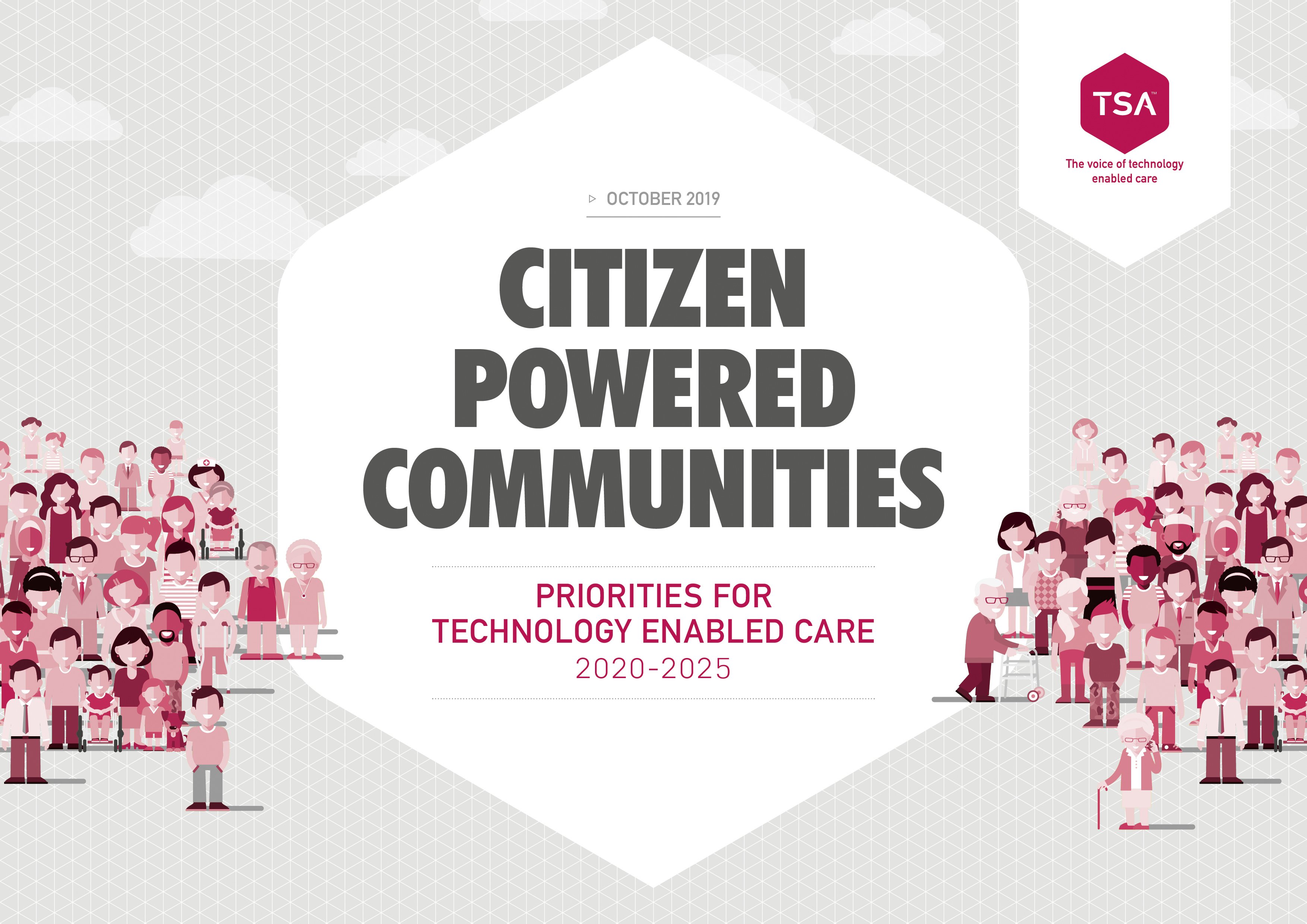 | See the Trends That Will Shape the TEC Sector from 2020 and the role of TEC in population health management. Relevant for anyone who works in the health and care sectors - local authorities, CCGs, care providers, care agencies and suppliers - manufacturers, entrepreneurs, health technology start-ups, charities, academics. |
Level 2 Qualification - Introduction to Technology Enabled Care | 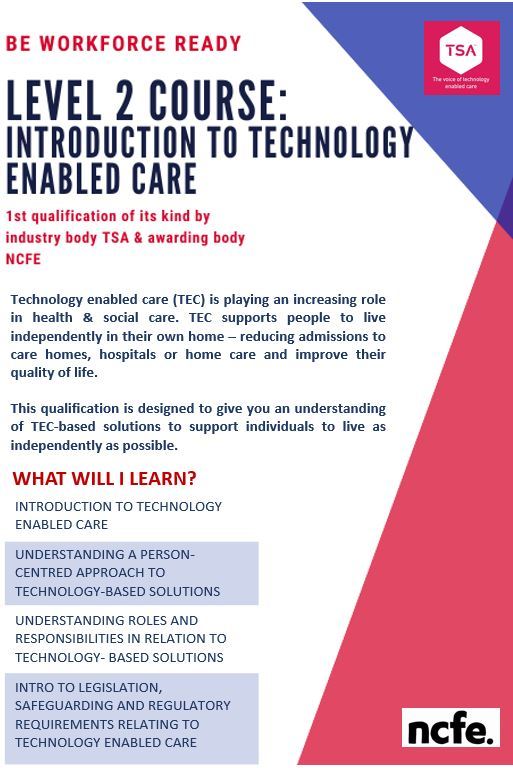
| This is a NCFE CACHE awarded formal qualification and a comprehensive introduction to technology enabled care. Ideal for those working in a health&care setting for both managers and front line staff - care home registered managers and staff, social workers, occupational therapists, service providers, local authorities etc. |
|
|


